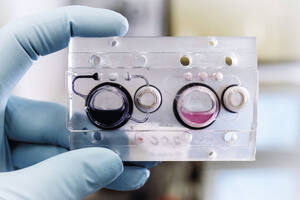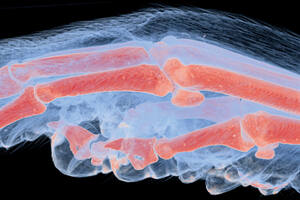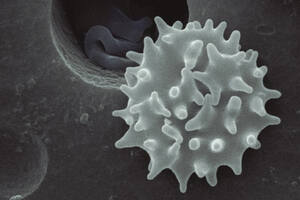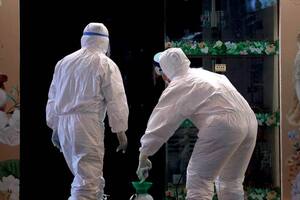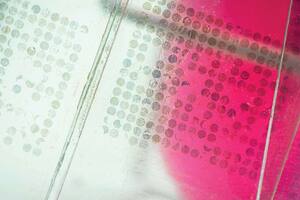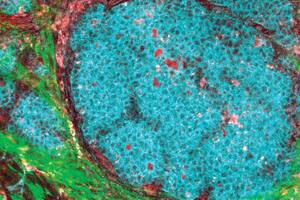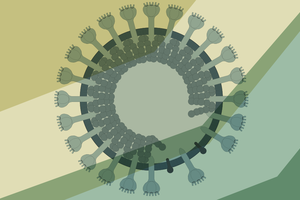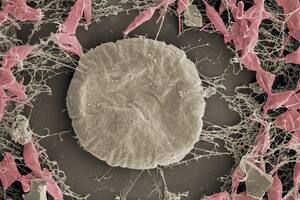Cell biology
Medicine
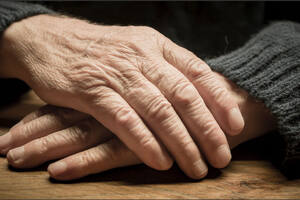
Signs of Parkinson’s disease in the skin
In the future, a skin exam could help doctors diagnose Parkinson's disease
By Redação
Nutrition

Ultra-processed foods lead to diabetes
Consumption of ultra-processed foods is associated with a higher risk of type 2 diabetes
By Redação
Biology
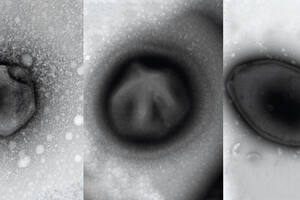
Giant viruses released from thawing ground
Viruses come back to life after lying dormant in the icy ground for millennia
By Redação
Biology

The clock that regulates sunflowers
Circadian clock controls maturation of the hundreds of tiny flowers that form concentric circles on the heads of adult sunflowers
By Redação
Neuroscience
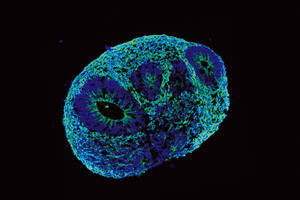
The brain before schizophrenia
Researchers link schizophrenia to protein production during brain maturation
By Redação
INFORMATION TECHNOLOGY
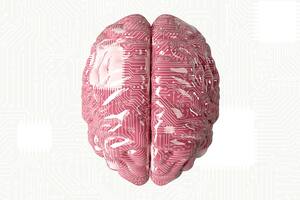
Artificial intelligence in healthcare
AI-based technologies are already being used in medicine, but there are hurdles still to overcome before they can be incorporated on a larger scale in Brazil
Biotechnology
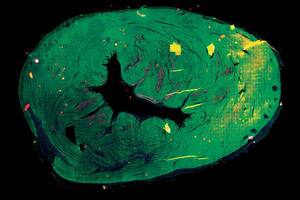
Cell therapy on the radar
Company changes business plan and invests in regenerative medicine in search of a cure for diseases that currently have no treatment
By Suzel Tunes
GOOD PRACTICES
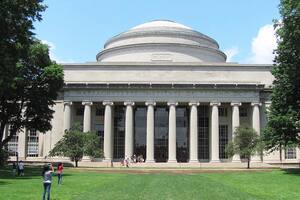
MIT biologist accused of sexual harassment resigns
David Sabatini studied cell signaling and cancer metabolism
By Redação
INFECTIOUS DISEASES
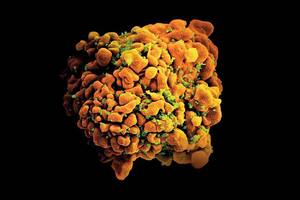
A long-sought cure may be closer
Experimental treatment able to control HIV for six months after stopping antiretrovirals
COVID-19
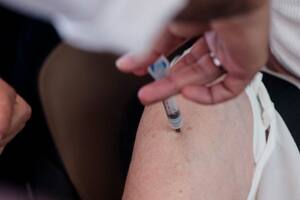
Third dose lowers risk of death
Coronavirus vaccine booster doses significantly reduce the risk of death from COVID-19
By Redação
COVID-19
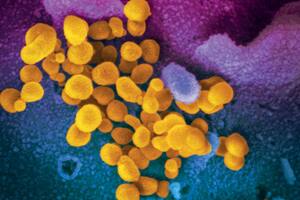
Long-term damage to the surroundings
A cellular change induced by SARS-CoV-2 may explain prolonged symptoms of the disease
By Redação
Health

Focus on the bacillus
Fast, portable, and sensitive, a new test could be a useful tool for preventing leprosy and helping with early diagnosis.
By Tiago Jokura
Photolab
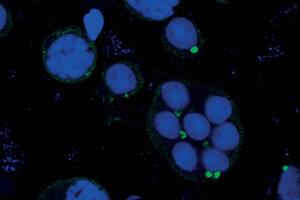
Fertility clock
Genetic alterations to the biological clock could be linked to fertility disorders
By Redação
Video
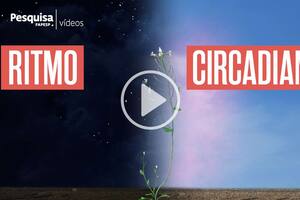
The plant biological clock benefits agriculture
Understanding the plant circadian rhythms, and learning how to manipulate them, may widen cultivation options | 2'42
By Redação
Neuroscience

Defenders more at risk of dementia
Heading has been associated for some time with an increased risk of developing neurodegenerative diseases
By Redação




